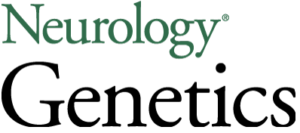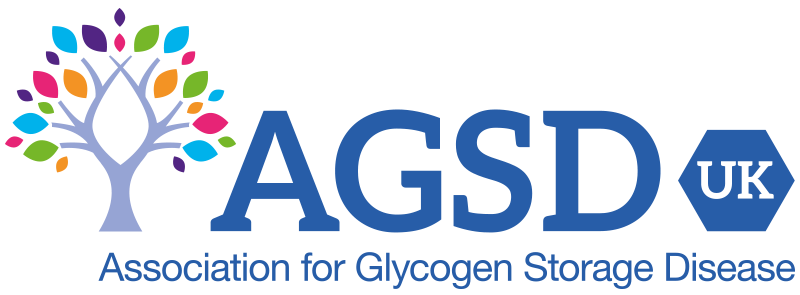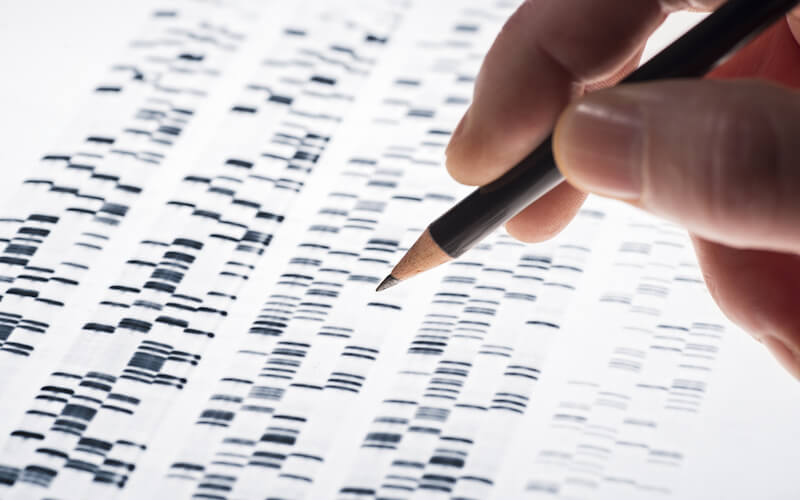Several scientific papers of interest to people with GSD have recently been published. One is a genetic approach to diagnosing the cause of high Creatine Kinase (CK), another is an extensive review of McArdle disease (GSD5), and the third a review of progress in gene therapy across all GSDs. As always, of course, papers can get a bit out of date before they are even published, but these papers are valuable contributions.
Next-generation sequencing approach to hyperCKemia
 This two-year cohort study investigated 66 patients with undiagnosed raised CK, either without symptoms or with minimal symptoms. Their DNA was analysed looking at 78 genes which could produce high CK. They achieved a molecular diagnosis in 50% of cases and there were variants of unknown significance in a further 26% of patients, whereas 24% remained undefined.
This two-year cohort study investigated 66 patients with undiagnosed raised CK, either without symptoms or with minimal symptoms. Their DNA was analysed looking at 78 genes which could produce high CK. They achieved a molecular diagnosis in 50% of cases and there were variants of unknown significance in a further 26% of patients, whereas 24% remained undefined.
Amongst the diagnosed cases was one of McArdle disease, but no other muscle GSDs. Of interest was one man with myalgia and exercise intolerance who had a CK 0f 780 iu/L (normal range <200 iu/L). He turned out to be a carrier of McArdle’s (a carbohydrate metabolism disorder) and a carrier of CPT2 (a fatty acid metabolism disorder). Although carriers are reported as having no symptoms, this man clearly had symptoms – presumably related to his carrier status in two metabolic disorders.
The authors report that a high CK can be the sole feature alerting medical professionals to a serious muscle disorder requiring investigation, diagnosis and management. Next-generation sequencing is an effective first-tier diagnostic approach.
This paper is in Neurology Genetics, it has an open access.
![]() Access the paper on-line, you can also download a PDF.
Access the paper on-line, you can also download a PDF.
GeneReviews: Glycogen Storage Disease Type V
 This major review of McArdle’s was first created in 2006, the latest update is 2019. It is prepared by the Spanish team of clinicians and researchers on McArdle’s. This is a major work – a 16 page review of all aspects of the condition: indications, testing, diagnosis, clinical characteristics, differential diagnosis, management and many practical subjects of interest to patients and their physicians.
This major review of McArdle’s was first created in 2006, the latest update is 2019. It is prepared by the Spanish team of clinicians and researchers on McArdle’s. This is a major work – a 16 page review of all aspects of the condition: indications, testing, diagnosis, clinical characteristics, differential diagnosis, management and many practical subjects of interest to patients and their physicians.
This paper is in GeneReviews, from the University of Washington, Seattle, and has open access.
![]() The GeneReviews paper on-line (you can also download a PDF).
The GeneReviews paper on-line (you can also download a PDF).
Gene therapy for glycogen storage diseases
 This review paper was prepared by the GSD team at Duke University Medical Centre, North Carolina, USA. It is a detailed roundup of the progress being made in gene therapy for GSDs. Much of the progress is in the hepatic GSDs, but there is also promise being shown in Pompe and some other GSDs affecting muscle.
This review paper was prepared by the GSD team at Duke University Medical Centre, North Carolina, USA. It is a detailed roundup of the progress being made in gene therapy for GSDs. Much of the progress is in the hepatic GSDs, but there is also promise being shown in Pompe and some other GSDs affecting muscle.
This paper is in a subscription journal – Human Molecular Genetics.
![]() Access the abstract of the gene therapy paper.
Access the abstract of the gene therapy paper.


Hi, I’m the mother of a baby with Pompe’s childhood disease, yunus, now a year old with severe respiratory weakness on a respirator. I want you to help me sign him up for a clinical trial of gene therapy, and thank you very much.
In our GSD2 Pompe section you will find the Research and Development section and at the bottom of the first tab you will find details of registers of clinical trials. You need to keep an eye on those registers for any trials that come up. But first, you should try to get your son onto the existing enzyme replacement therapy from Sanofi Genzyme.